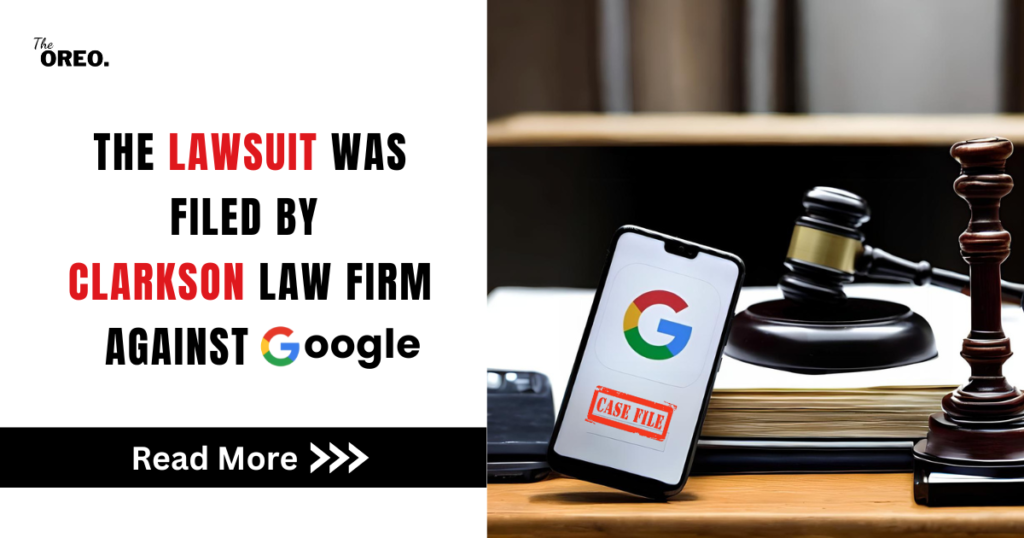Google Sued for Scraping Data from Millions of Users to Train AI
Google is being sued on the grounds that it gathered user data without permission, millions of times over, to train its artificial intelligence (AI) products, in violation of copyright and privacy regulations. Millions of people may be affected by the complaint, which was filed in federal court in California and is seeking class-action status.
- The lawsuit was filed in the United States District Court for the Northern District of California on July 11, 2023.
- The plaintiffs in the lawsuit are eight individuals. But, since they are seeking class-action status, it means that the lawsuit would represent millions of people.
- The plaintiffs claim that Google scraped data from websites without the owners’ consent, in violation of the Digital Millennium Copyright Act (DMCA). Additionally, they claim that Google collected and used user data without permission, in violation of California’s privacy laws.
Eight people who claim that Google collected data from several sources, such as social media sites, dating websites, and music streaming services, filed the case through Clarkson Law Firm. Google utilized the data to train its AI products, including the chatbot Bard.
The lawsuit’s plaintiffs argue that Google’s activities infringed upon their copyright and privacy rights. In addition to damages, they are requesting an injunction to stop Google from continuing to scrape data without their permission.
Google has not addressed the case yet. Nonetheless, the business has already declared that, when it comes to data collection and usage, it complies with all relevant legislation.
Also read: Google makes shopping for clothes easy, rolls out AI-powered virtual try-on feature
The case is just one of many brought against tech corporations for using data to train artificial intelligence (AI) products in recent years. This litigation brings up significant concerns concerning how to strike a balance between privacy and innovation. Observing the courts’ final decisions in these situations will be fascinating.
Users should be informed about the possible hazards involved with sharing their data online in the meantime. You may take precautions to safeguard your data if you are worried about privacy, such as using strong passwords and exercising caution when sharing personal information online.

Key Takeaways from the Lawsuit:
- Google is accused of scraping data from millions of users without their consent.
- The data was used to train Google’s AI products, such as the Bard chatbot.
- The plaintiffs in the lawsuit argue that Google’s actions violated their privacy rights and copyrights.
- Google has not yet responded to the lawsuit.
- The lawsuit is one of several that have been filed against tech companies in recent years over their use of data to train AI products.
What does this mean for users?
The lawsuit against Google brings up significant issues on how to strike a balance between innovation and privacy. Should the plaintiffs prevail, it may establish a standard that would make it more challenging for digital corporations to gather and utilize user data without authorization.
It is one of many lawsuits brought in recent years against tech companies for using data for AI product training. A similar lawsuit was brought against OpenAI, the firm that created the GPT-3 chatbot, in 2022. The legal action is still pending.
The way tech companies gather and utilize data may change significantly depending on how the lawsuit against Google is resolved. It could be harder for companies to gather and use data without user consent if the plaintiffs are successful. This could discourage further advancements in the field of artificial intelligence.
However, it is also possible that the courts will rule in favour of Google. If this happens, it would mean that tech companies have a lot of freedom to gather. They can utilize consumer data without permission. This could have a negative impact on privacy rights. Let’s wait for what the court will decide, till then stay connected with Oreonow.




2 Comments